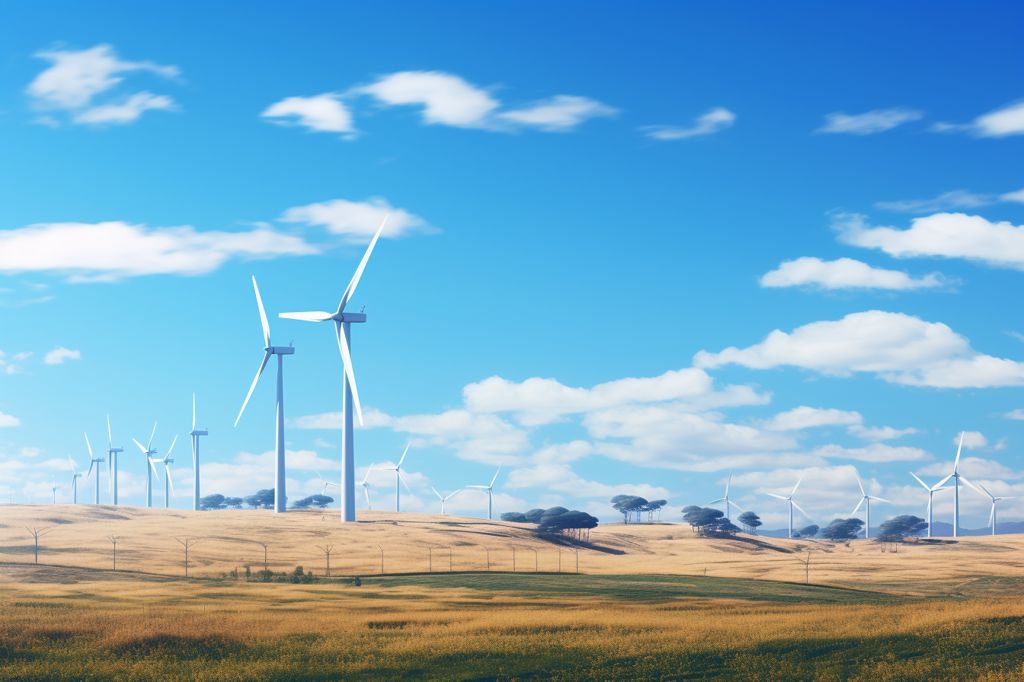In an effort to address the persistent energy crisis, the Western Cape Government (WCG) Cabinet met to discuss the possibility of procuring electricity from Karpowership facilities. After thorough research and deliberation, it has been decided that a 20-year investment in Karpowership technology would not be in the best interests of the Western Cape and South Africa as a whole.
Concerns Over Monopoly
Premier Alan Winde expressed concerns over investing significant resources into a single company, as it could create a monopoly in the region for an extended period that may result in undesirable consequences. Instead, Winde suggested a limited engagement with powerships, considering other companies and restricting their operation to a maximum of five years. Additionally, he emphasized the importance of not hindering the investment in green energy initiatives.
Urgent and Transparent Interventions
Karpowership is currently one of the preferred bidders under the South African national government’s Risk Mitigation Independent Power Producer Procurement Programme (RMIPPPP). However, Premier Winde argued that the energy crisis requires urgent and transparent interventions that should consider all viable options to end rolling blackouts without undermining the roles of other players in the energy sector.
Emphasis on Renewable Energy
The WCG Cabinet stressed the importance of incorporating renewable energy (RE) projects into the province’s future energy mix. As the cost-effectiveness of RE continues to improve, it will contribute significantly to the transition away from fossil fuels. Premier Winde reiterated the need for a balanced approach, emphasizing the obligation to fulfill the country’s climate change commitments while fostering economic growth through a stable, resilient, and low-carbon energy mix.
Long-Term Implications
The Cabinet determined that future electricity generation in the Western Cape should derive predominantly from low-carbon, renewable technologies. Western Cape Minister of Local Government, Environmental Affairs, and Development Planning, Anton Bredell, pointed out the long-term implications of the energy choices made today. He reminded the government to avoid hasty decisions, as they will impact the natural environment inherited by future generations.
In conclusion, the Western Cape Government’s decision to reject a long-term investment in Karpowership technology reflects a commitment to seeking diverse and environmentally responsible solutions to the ongoing energy crisis. With a focus on integrating renewable energy projects and exploring various viable options, the WCG aims to achieve a balanced, low-carbon, and resilient energy mix for the province’s future.








